Mosaic tile floors are not just a trend; they are a classic design element that can transform any space in your home. As a passionate home decor enthusiast, I’ve had the pleasure of working with various flooring options, and mosaic tiles stand out for their artistic appeal and functionality. In this article, I’ll share my insights on the beauty, benefits, and best practices of mosaic tile flooring and decor based on personal experience and extensive research.
What is Mosaic Tile?
Mosaic tiles are small pieces of glass, marble, stone, or other materials that are arranged to create a pattern or picture. These tiles have been used for centuries to enhance the aesthetic appeal of floors, walls, and decorative items. Their versatility allows homeowners to express their individual style while adding texture and depth to their spaces.
Types of Mosaic Tiles
Understanding the various types of mosaic tiles available can help you make an informed decision about your flooring project.
Glass Mosaic Tiles
- Pros: Reflective properties, available in various colors, easy to clean.
- Cons: Can be slippery, more expensive than other options.
Stone Mosaic Tiles
- Pros: Natural look, durable, adds value to your home.
- Cons: Requires sealing, can be porous.
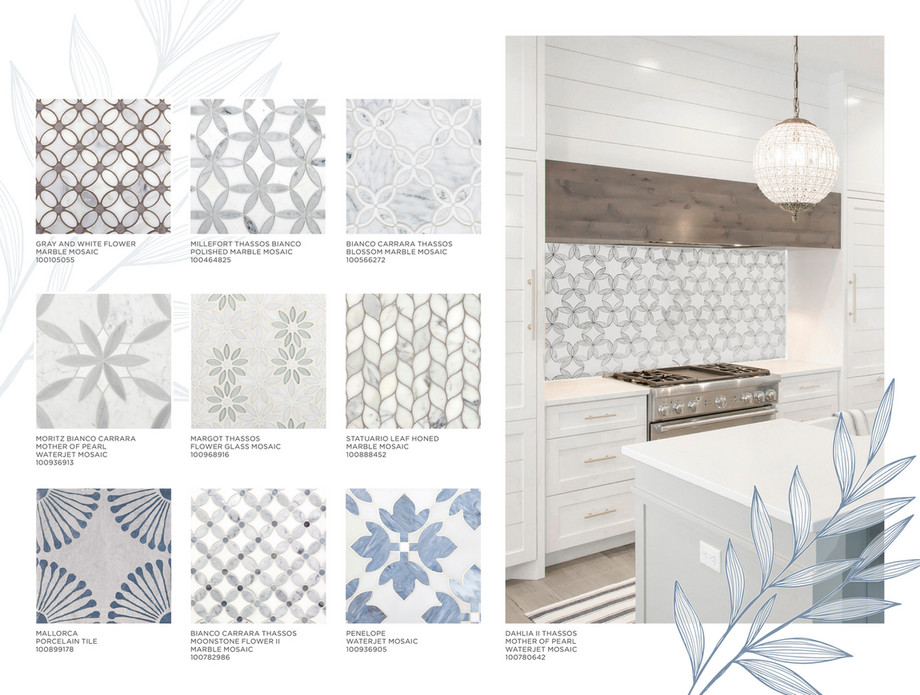
Ceramic Mosaic Tiles
- Pros: Affordable, versatile, wide range of designs.
- Cons: Less durable than glass or stone.
Porcelain Mosaic Tiles
- Pros: Highly durable and water-resistant, suitable for high-traffic areas.
- Cons: Can be more expensive than ceramic.
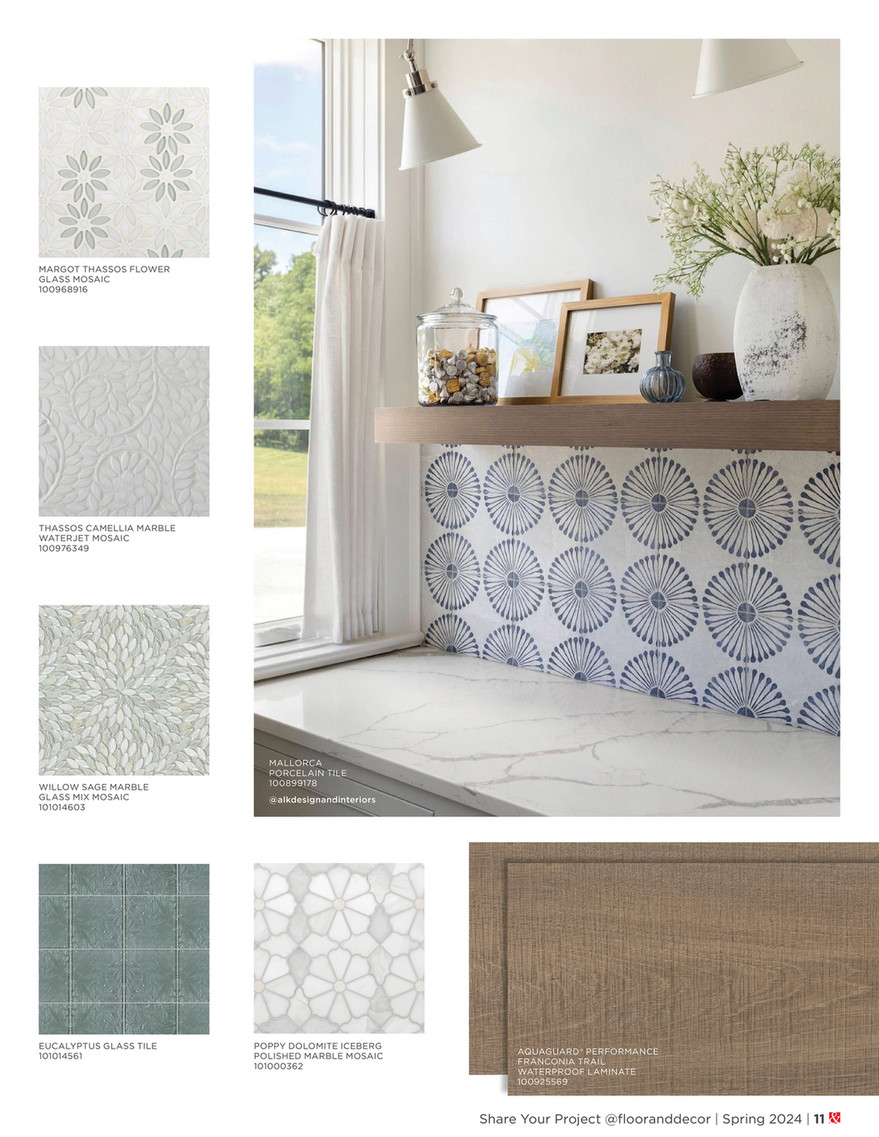
Benefits of Mosaic Tile Floors
Mosaic tile floors offer numerous advantages, making them an excellent choice for any homeowner:
Durability
Mosaic tiles are incredibly durable, especially when made from ceramic or porcelain. They can withstand heavy foot traffic and resist scratches, making them ideal for kitchens and bathrooms.
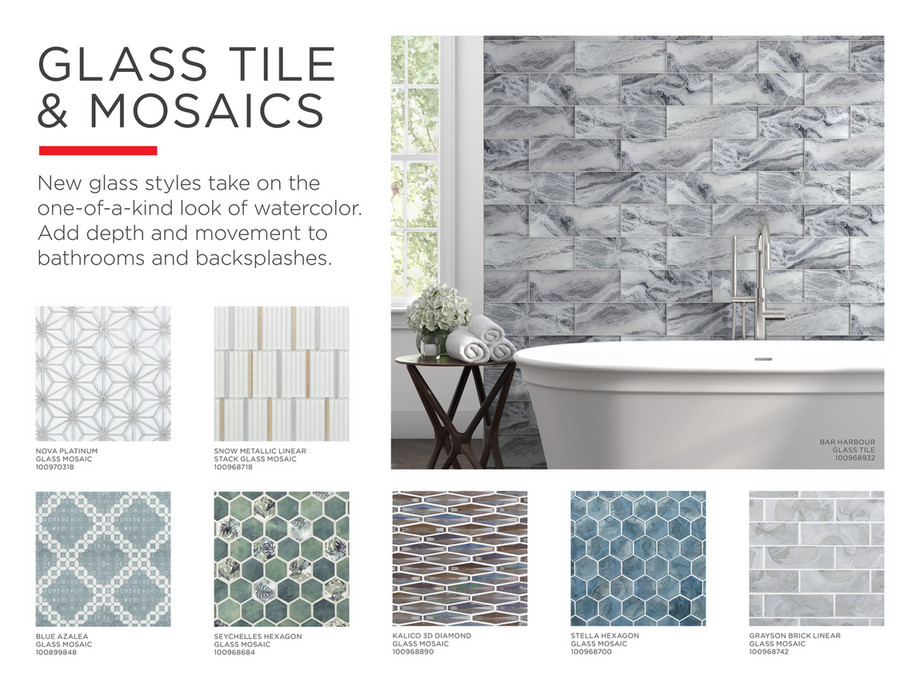
Versatility in Design
The design possibilities are virtually endless with mosaic tiles. Whether you prefer a classic look or a modern flair, there’s a mosaic tile design to suit your taste.
Easy Maintenance
Cleaning mosaic tiles is a breeze; most spills can be wiped away with a damp cloth, and routine cleaning only requires mild soap and water.
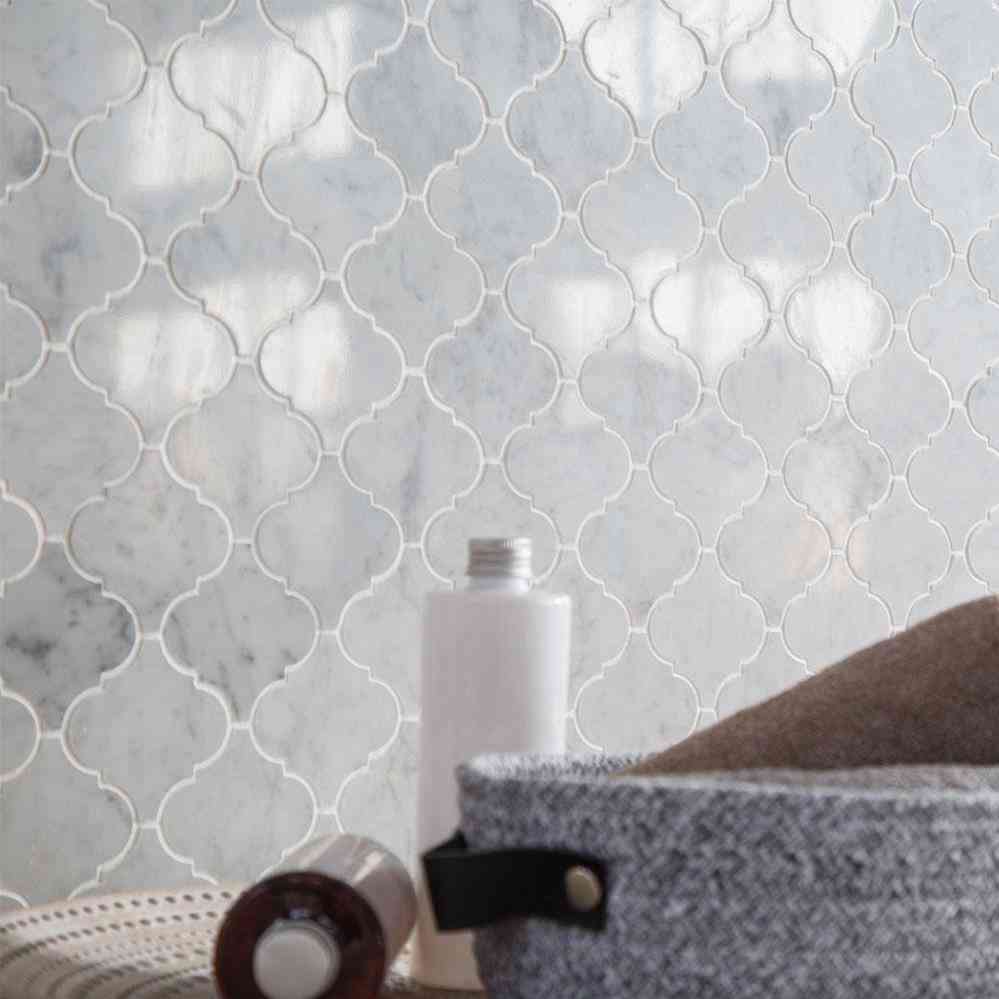
Where to Use Mosaic Tiles
One of the best things about mosaic tiles is their versatility. Here are some places where you can use mosaic tiles effectively:
Kitchen Backsplash
A mosaic tile backsplash can add a stunning focal point to your kitchen, enhancing both functionality and style.
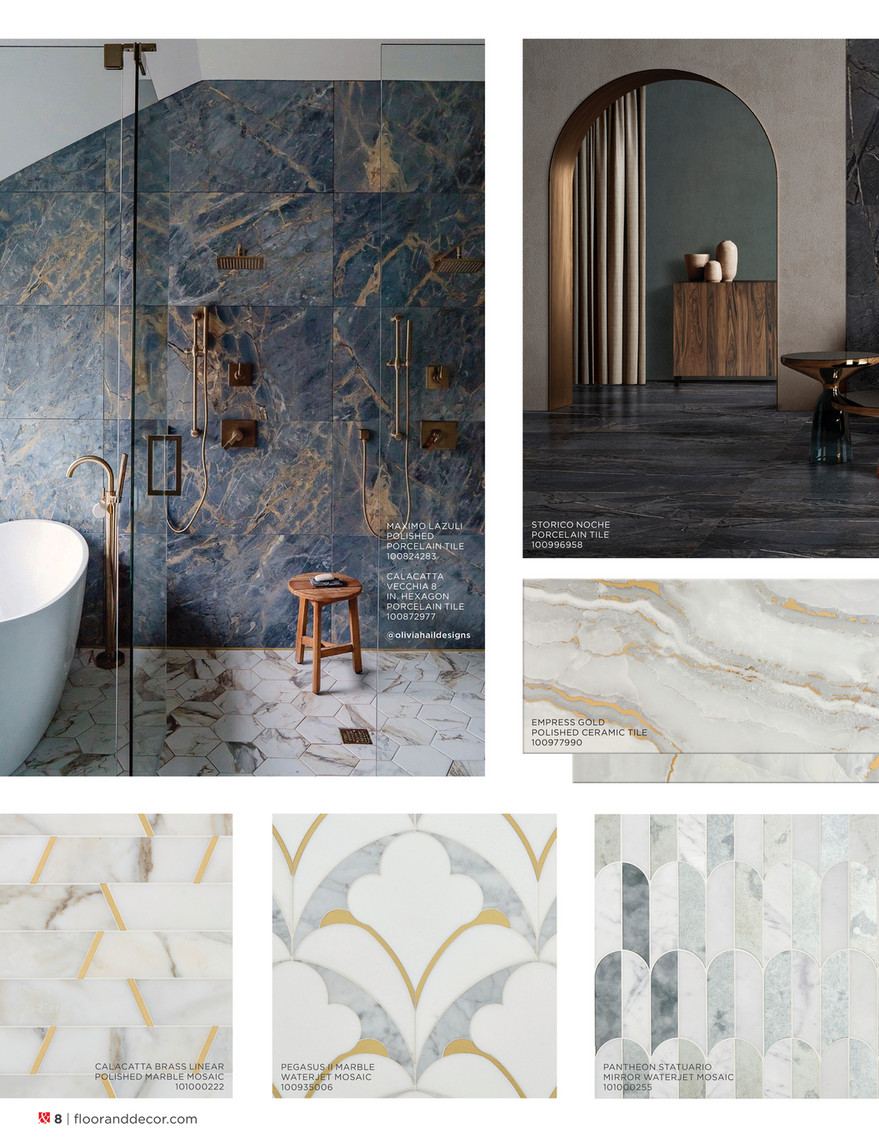
Bathroom Floors and Walls
Using mosaic tiles in wet areas like bathrooms not only provides a non-slip surface but also adds a touch of elegance to your space.
Living Room and Entryway
Mosaic tiles in entryways or living rooms can create a grand impression, setting the tone for your home.

Design Tips for Mosaic Tile Floors
Embarking on a mosaic tile project? Here are some design tips to keep in mind:
Choose the Right Color Palette
Select colors that complement your existing decor. Neutral tones can create a calming atmosphere, while vibrant colors can add a playful touch.

Size Matters
The size of the tiles can affect the overall look of the space. Larger tiles can make small areas feel bigger, while smaller tiles can create intricate designs.
Consider the Grout
The grout color can dramatically change the appearance of your mosaic. A contrasting grout can highlight the tile pattern, while a matching grout can create a seamless look.
Installation Guide: How to Install Mosaic Tiles
If you’re considering a DIY project, here’s a step-by-step guide to installing mosaic tiles:
Tools and Materials Needed
- Mosaic tiles
- Tile adhesive
- Grout
- Tile cutter
- Notched trowel
- Sponge and bucket for cleaning
Preparation
- Ensure the surface is clean, dry, and level.
- Measure the area to determine how many tiles you need.
Applying the Tiles
- Apply adhesive to a small section of the floor using a notched trowel.
- Press the mosaic tiles into the adhesive, ensuring they’re aligned and evenly spaced.
Grouting
- Once the adhesive has cured, apply grout over the tiles using a grout float.
- Wipe off excess grout with a damp sponge, being careful not to disturb the grout lines.
Sealing
After the grout has cured, consider applying a sealant to enhance durability and longevity.
Maintenance Tips for Mosaic Tile Floors
To keep your mosaic tile floors looking their best, follow these maintenance tips:
Regular Cleaning
To avoid dirt buildup, mop the floors regularly with a mild cleaning solution. Avoid acidic cleaners that can damage the grout.
Seal Grout Regularly
Sealing your grout helps prevent stains and moisture penetration, extending the life of your mosaic tiles.
Address Damages Promptly
If you notice any cracked tiles or loose grout, address the issue immediately to prevent further damage.
Pros and Cons of Mosaic Tile Floors
| Pros | Cons |
|---|---|
| Durable and long-lasting | Can be expensive depending on materials |
| Wide variety of designs | Installation can be labor-intensive |
| Easy maintenance | Grout can stain if not sealed |
| Non-slip options available | Some tiles can be slippery when wet |
Cost Considerations for Mosaic Tile Floors
The cost of mosaic tile flooring can vary greatly depending on the type of tile chosen, the complexity of the installation, and local labor rates. Here’s a general breakdown:
Average Costs
| Material Type | Cost per Square Foot |
|——————|———————|
| Ceramic | $2 – $10 |
| Porcelain | $3 – $15 |
| Glass | $5 – $20 |
| Stone | $7 – $30 |
FAQs about Mosaic Tile Floors and Decor
1. Are mosaic tiles suitable for outdoor use?
Yes, but ensure you choose tiles specifically designed for outdoor use to withstand environmental elements.
2. How do I choose the right grout for my mosaic tiles?
Consider the tile color and desired contrast. Epoxy grout is more durable and stain-resistant but can be harder to work with compared to traditional grout.
3. Can I install mosaic tiles myself?
Yes! With the right tools and patience, DIY installation is feasible. Just follow the steps carefully for best results.
4. How often should I seal mosaic tile grout?
It’s recommended to seal your grout every 1-3 years, depending on the type of grout and the amount of traffic in the area.
5. What is the lifespan of mosaic tile flooring?
With proper maintenance, mosaic tile flooring can last for decades or even longer, making it a durable investment for your home.
Conclusion
Mosaic tile floors are more than just a design element; they are a timeless feature that adds character and charm to any space. Whether you opt for glass, stone, or ceramic tiles, the beauty of mosaic tiles is that they allow for endless creativity while offering practicality and durability. I encourage you to consider mosaic tiles for your next home improvement project; the results can be breathtaking! Thank you for joining me on this inspiring journey of mosaic tile flooring and decor.